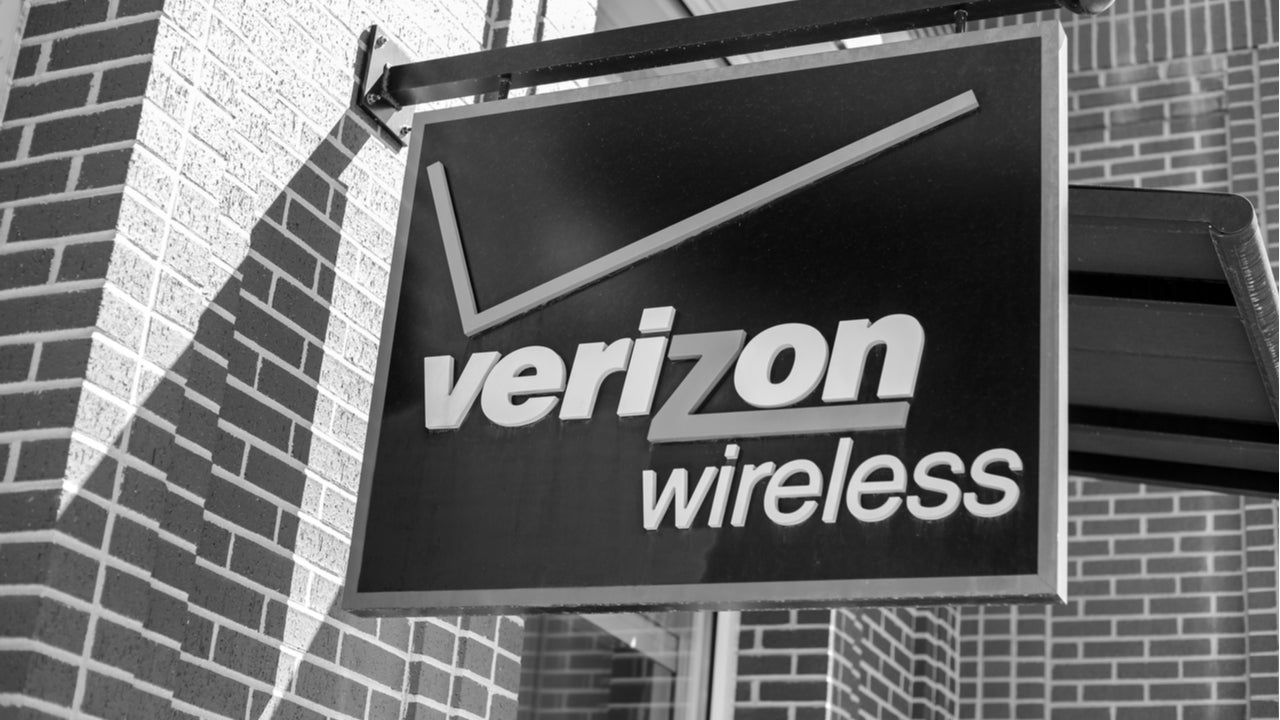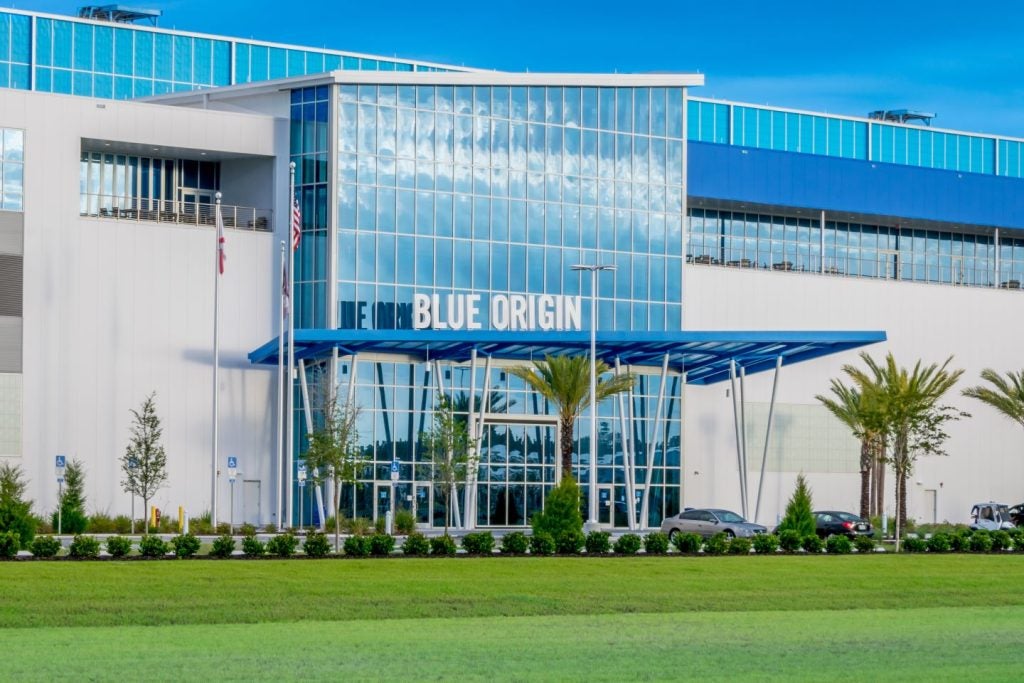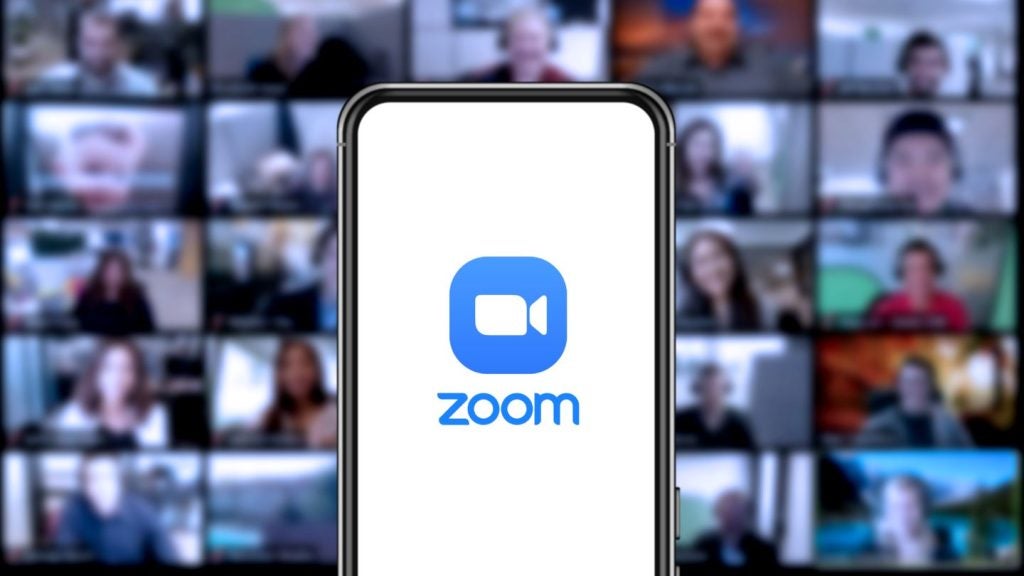The Verizon Wireless partnership with Hoy Health incentivizes its consumers to use the service, increasing mobile health awareness and potential premium data plan subscriptions at the same time. However, to gain mass adoption, transparency around data privacy policies will be critical.
Mobile health leverages mobile devices and apps to collect and analyze clinical health data. It delivers healthcare information to practitioners, monitors vital signs in real time, and even directs and informs the provision of care. The recent surge in third party health monitoring apps and the adoption of contact tracing apps by private and government authorities, in an effort to curb the spread of Covid-19, has helped showcase the technology’s relevance.
The consumer-facing m-health segment in the US is currently dominated by service offerings from OEMs such as Apple Health and Samsung Health, with the ultimate aim to increase users’ reliance on their ecosystem. While most carriers offer a secure platform to developers and enterprises, carrier participation in the consumer-facing m-health segment is still somewhat limited.
Consumer attention and education
Educating consumers regarding the benefits of m-health is critical for a consumer-based m-health play. A solution backed by the advantages of a carrier’s secure wireless network in combination with an appealing product from a leading OEM or a healthcare provider has a good chance of attracting consumer attention. Verizon Wireless’ alliance with Hoy Health is a prime example of this strategy. The partnership offers deep discounts to customers, giving them ample incentives to try the service.
For instance, Verizon Wireless users receive a 35% discount on virtual general physician consultations and can also share this incentive with up to nine family members. While the convenience factor of the feature cannot be debated, it will resonate well with users whose lives have been upended by the pandemic, offering them an alternate for primary care access.
Verizon Wireless partnership offers another use case scenario for its 5G network
For Verizon Wireless, the partnership not only showcases the company’s commitment to its customers during this unprecedented time, but it also offers another use case scenario for its 5G network and premium plans.

US Tariffs are shifting - will you react or anticipate?
Don’t let policy changes catch you off guard. Stay proactive with real-time data and expert analysis.
By GlobalDataVideo consultations and conferences are a critical feature of Hoy Health, and Verizon Wireless can encourage frequent users, especially those living in remote areas where healthcare facilities and wireline internet services are patchy, to upgrade to its high-end data plans.
Over the past few months, Verizon Wireless has aggressively promoted its premium data plans via bundled content options (Apple Music, Disney+, Hulu, ESPN+ and Discovery+) and high end device promotions. New alliances such as the one with Hoy Health gives Verizon Wireless opportunities to increase the appeal of its high end plans by potentially including access to some aspects of the service free in an effort to whet consumer’s appetite.
However, regulatory concerns continue to be among the top hindrances to m-health’s traction.
Users’ will be vary of sharing their medical concerns and ailments if they are not assured of its confidentiality. The existing patchwork of federal and state privacy laws need to be followed and transparency and active user participation ensured if wireless carriers want to grow their presence in this space.








